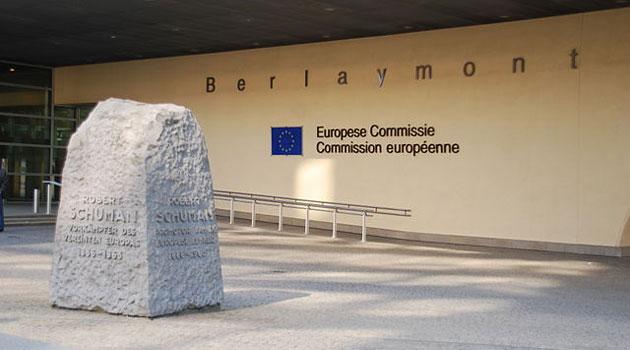European Commission refutes rumor that leftover Roma support funds will go to Germany

News server EurActiv.cz reports that the European Commission has ruled out speculations by some foreign media outlets that unused money from EU funds intended to improve the living conditions of the Roma population in Bulgaria and Romania will be transferred to Germany, as reported by Deutsche Welle (DW). The alleged transfer was said to be justified by the fact that in recent years Germany has become a favorite destination for Roma people leaving the Balkans in search of a better life.
The European Commission, however, says that rumors that the unspent EU funds would "accompany" Roma people wherever they move are untrue. "That’s not true. No plans exist to transfer money from the structural funds designated for Bulgaria and Romania to other countries," Jonathan Todd, spokesperson for the EU Commissioner for Employment, Social Affairs and Social Inclusion, told EurActiv.cz.
DW had reported that the transfer might take place by the end of this year when the current seven-year EU budget cycle ends before the start of the new 2014-2020 budget period. Todd explained that if an EU Member State does not manage to draw EU funds within a given seven-year cycle, the money simply remains in the budget.
"Be that as it may, this is not such a case. Bulgaria and Romania will not lose any money from the structural funds designated for the fight against poverty, etc.," the spokesperson said. Should any money from EU funds be meant to serve as support for projects connected to the Roma issue in Germany, that would exclusively be a decision taken by the German authorities and they would draw only from EU funds already allocated to Germany, Todd emphasized.
"The German allocation has not been increased for such a purpose. If Germany decides to make use of more monies from the EU structural funds for such projects, it will have to transfer those funds from its own other projects," Todd said. As an example, Todd mentioned a decision by the state of North Rhine-Westphalia in Germany to plan to draw on EU funds together with the federal government in order to improve the integration of immigrants from Bulgaria and Romania there.
DW reported that approximately 70 000 Bulgarian and Romanian citizens settled in Germany during the past year. That number is estimated to rise to 170 000 next year.
Bulgarian and Romanian citizens will be able to take advantage of unrestricted access to the entire EU labor market as of 1 January 2014. Restrictions on the labor market still apply to such citizens in Austria, Belgium, France, Germany, Ireland and Malta, EurActiv.cz reports.